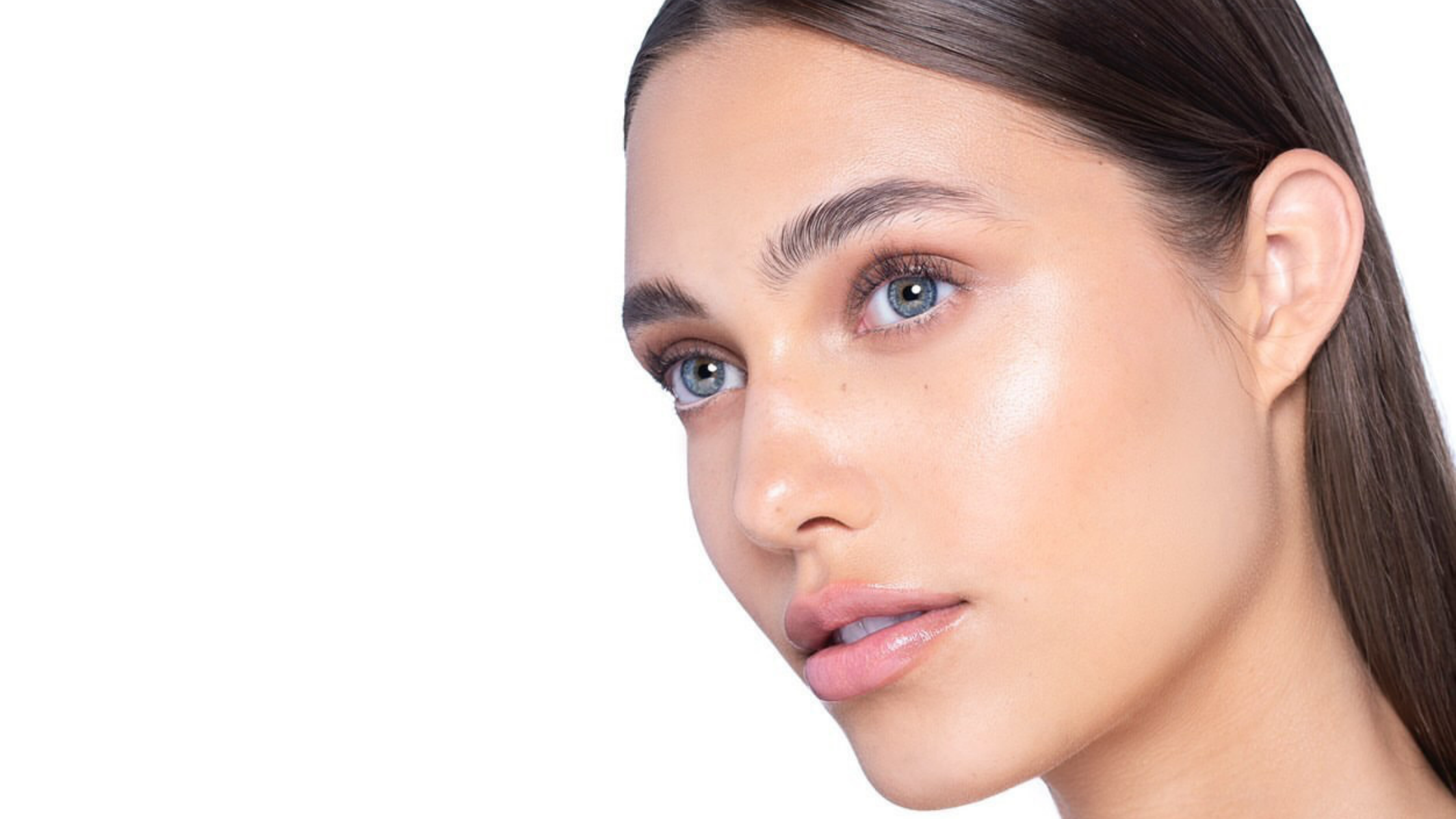We all know a good night’s sleep is important to feel refreshed, energized, and revitalized. But is “beauty sleep” a real thing? As cliché as beauty sleep sounds, it is in fact vital to keep your skin radiant and looking its best. Sleep is essential to your bodily health as well as improving the look of your skin. In order to maintain that glowy skin, you should consider the effect of sleep on your skin.
Effect of a Deep Sleep on Your Skin
As we curl up in our bed and get those deep z’s, our skin goes into repair mode. When we are sleeping, HGH (The human growth hormone) kicks in and starts to rapidly accelerate skin repair and cell regeneration. So why is this regenerative phase so important? As you fall deeper and deeper into your sleep, your blood flow becomes more evenly distributed throughout your body.
This renewal process allows your skin to deeply absorb any nighttime creams on your skin due to the heightened regenerative phase. The moral of the story is without this deep sleep of regulated blood flow, your skin will not regenerate to the fullest, leading to duller tired-looking skin.
Achieving That Glow

After a long night have you ever woken up and seen your reflection in the mirror? Your eyes are puffy and dark, you may even have dark circles and blotchy red skin. In deep sleep, your cortisol levels are higher resulting in maximized production of collagen. This is what makes your skin look more awake and radiant.
Not enough deep sleep is a trigger on our bodies resulting in cell-damaging stress. This stress can make it harder for cell regeneration to occur resulting in dull skin. Too little of sleep can cause the vessels in your body to expand. Then comes the kiss of death…dark circles. In the end pounding on anti-aging creams before you go to bed won’t compensate for your severe lack of sleep.
Breakouts, Skin Conditions, and Flare-Ups, Oh My
When your skin is struggling to produce new skin cells, older skin cells can dull your complexion and clog pores leading to breakouts. Unfortunately, lack of sleep can result in reactions in the body as well. Disruptions in various hormone mechanisms can inflame and worsen acne. Increased cortisol levels can inflame your skin leading to redness, acne, and rosacea.
Not enough sleep sends the adrenal glands into an over-production of the cortisol level making sebaceous glands produce more oil. Increased production of cortisol manifests as acne breakouts, a spike in skin sensitivity, and allergic contact dermatitis reactions.
Tips to Pamper Your Skin at Night

In order to really take advantage of cell regeneration at night, start by taking off all your makeup before hittin’ the pillow. Remaining foundations or beauty products on your skin will sink into your skin and clog pores. If your skin needs a boost throw on an overnight mask after cleansing your face.
To help maintain your skin’s moisture from the inside out, consume plenty of water throughout the day. Skin that is dehydrated is more prone to result in premature aging. Drinking enough water allows our bodies to deliver essential fluids to organs, and tissues while removing excess fluids from other areas.
Last but not least, aim for getting in-between 7 to 9 hours of uninterrupted sleep. In doing so, our bodies are allowed to release growth hormones producing collagen. This will leave your skin glowing and your hair shining. Creating a bedtime routine and winding down one hour before bed will allow you to fall into a deep restful sleep.
